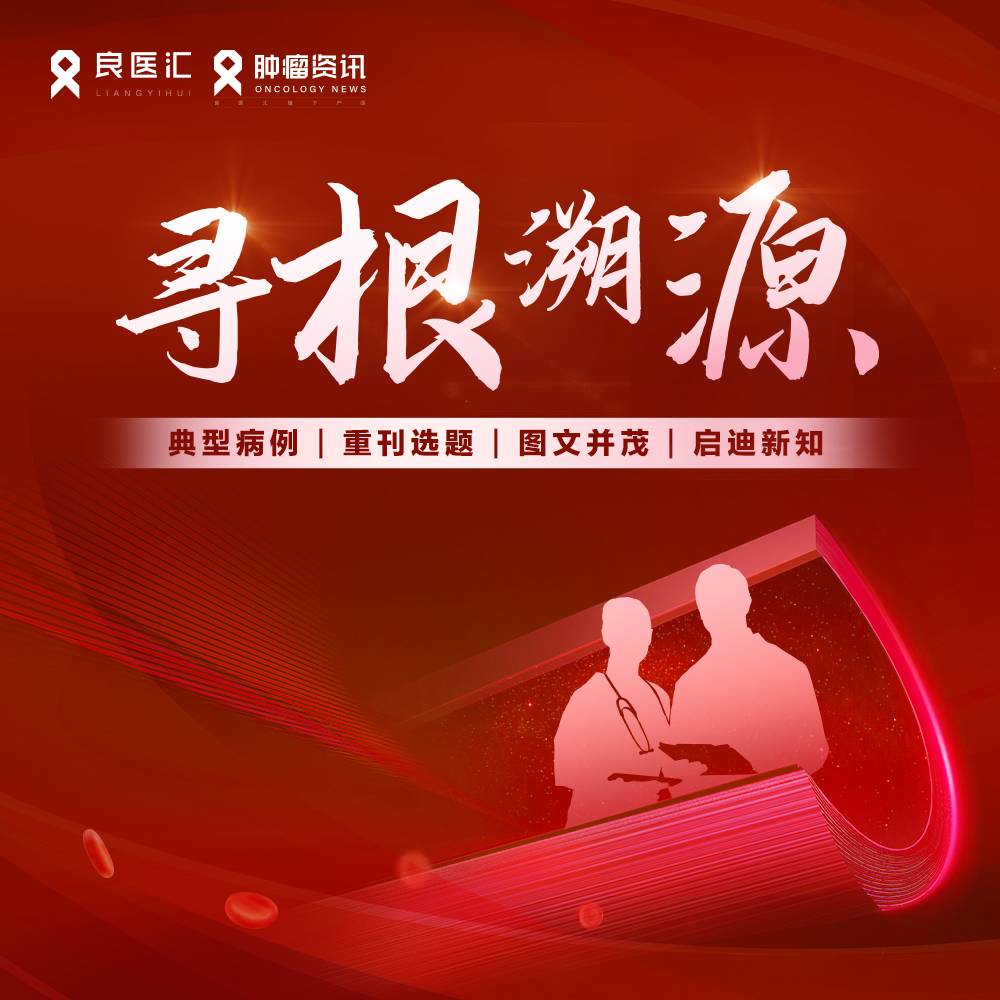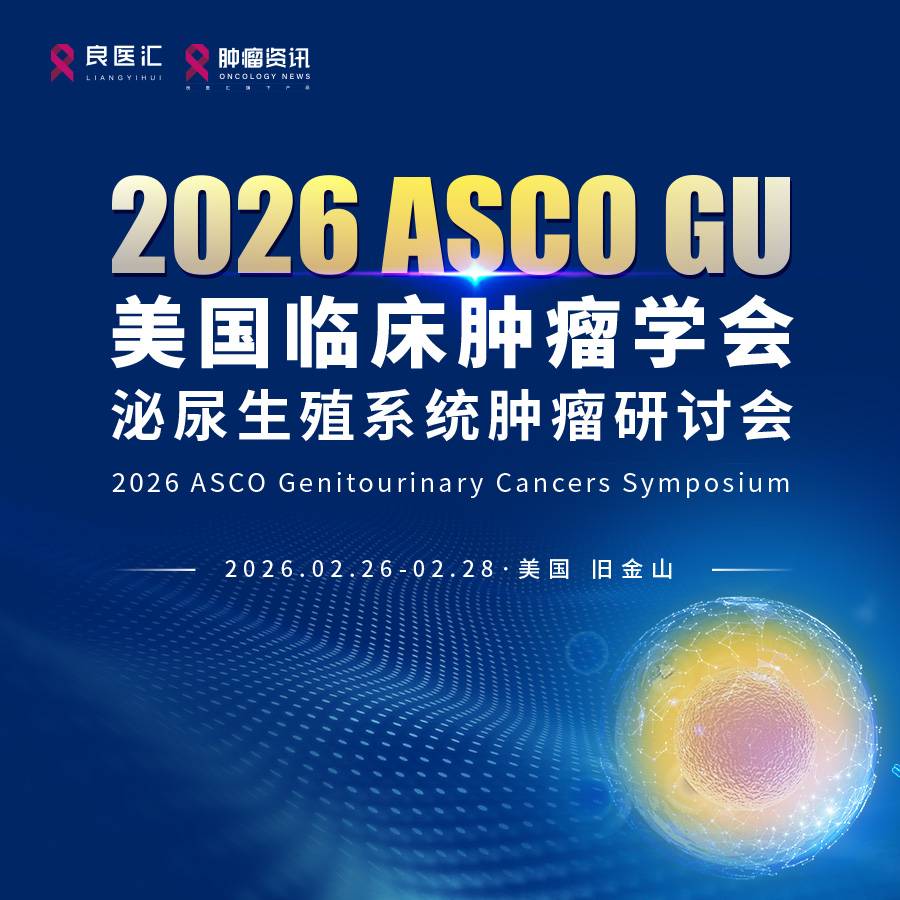整理:肿瘤资讯-小编
来源: 肿瘤资讯
尿路上皮癌是膀胱癌的常见类型,约占所有病例的90%。大部分膀胱癌在早期阶段即被诊断,约78%的患者5年内会出现复发。
2017年2月2日FDA批准施贵宝的Opdivo(nivolumab)用于治疗局部晚期和转移的膀胱癌。具体适应症为:既往顺铂制剂为主的化疗局部晚期进展和转移的膀胱癌。建议治疗剂量为:每二周一次,240毫克静脉注射。
背景:
--2016年5月,FDA提前4个月加速批准了罗氏的Tecentriq用于治疗最常见类型的膀胱癌——尿路上皮癌(UC),该药是FDA批准的首个PD-L1免疫疗法,同时也是获批治疗这类癌症的首个PD-1/PD-L1免疫疗法。
--阿斯利康durvalumab在2016年2月也获得了FDA授予的治疗转移性尿路上皮癌(mUC)的突破性药物资格。
--FDA在2016年6月授予百时美Opdivo治疗晚期膀胱癌的突破性药物资格(BTD),也是该产品在美国监管方面斩获的第6个BTD,再次突显了该公司在肿瘤免疫治疗领域的绝对领先优势。
---之前,FDA已先后授予Opdivo治疗5种类型癌症的BTD,分别为:复发性或转移性头颈部鳞状细胞癌,自体造血干细胞移植及移植后Adcetris治疗病情进展的霍奇金淋巴瘤,既往已接受治疗(经治)晚期黑色素瘤,经治非鳞状非小细胞肺癌,经治晚期或转移性肾细胞癌(RCC)。
关于CheckMate-275:
在2016年欧洲临床肿瘤协会年会(ESMO)的口头报告专场上公布(摘要#LBA31_PR)。
CheckMate -275 研究结果公布,Opdivo对于铂耐药的转移性尿路上皮癌患者确认的主要终点--客观缓解率(ORR)是19.6%(95%CI 15.0-24.9)。在PD-L1表达和非表达患者中均观察到肿瘤缓解。在PD-L1表达≥1%的患者中,确认的总缓解率为23.8%(95% CI 16.5-32.3),而对于PD-L1表达<1%的患者,总缓解率为16.1%(95%CI 10.5-23.1)。对于PD-L1表达≥5%和<5%的患者,确认的总缓解率分别为28.4%(95% CI 18.9-39.5)和(95%CI 10.8-21.8)。最短为6个月的随访期尚未达到整个人群的中位缓解时间,但在77%的患者得到持续缓解。此项研究中,Opdivo的安全性和其他肿瘤类型中Opdivo的安全性一致。
Bristol-Myers Squibb Receives FDA Approval for Opdivo (nivolumab) in Previously Treated Locally Advanced or Metastatic Urothelial Carcinoma, a Type of Bladder Cancer
Approval based on CheckMate -275, in which Opdivo demonstrated an objective response rate of 19.6% (95% CI: 15.1-24.9; 53/270 patients)1
Treatment with Opdivo resulted in responses across levels of PD-L1 expression (≥1% vs. <1%) 1
Opdivo has now been approved in six tumor types in just over two years1
------------------------------------
PRINCETON, N.J.--(BUSINESS WIRE)--Bristol-Myers Squibb Company (NYSE:BMY) today announced the U.S. Food and Drug Administration (FDA) has approved Opdivoinjection, for intravenous use for the treatment of patients with locally advanced or metastatic urothelial carcinoma (mUC) who have disease progression during or following platinum-containing chemotherapy or have disease progression within 12 months of neoadjuvant or adjuvant treatment with platinum-containing chemotherapy. This indication is approved under accelerated approval based on tumor response rate and duration of response. Continued approval for this indication may be contingent upon verification and description of clinical benefit in confirmatory trials.1 The recommended dose for mUC is 240 mg administered as an intravenous infusion over 60 minutes every two weeks until disease progression or unacceptable toxicity. In the CheckMate -275 trial, 19.6% (95% CI: 15.1-24.9; 53/270) of patients responded to treatment with Opdivo. The percentage of patients with a complete response was 2.6% (7/270) and the percentage of patients with a partial response was 17% (46/270). Among responders, the median duration of response was 10.3 months (range: 1.9+-12.0+ months). The median time to response was 1.9 months (range: 1.6-7.2).1
Opdivo is associated with the following Warnings and Precautions including immune-mediated: pneumonitis, colitis, hepatitis, endocrinopathies, nephritis and renal dysfunction, skin adverse reactions, encephalitis, other adverse reactions; infusion reactions; and embryo-fetal toxicity.1 Please see the Important Safety Information section below.
“Our goal to help more patients is further realized in today’s approval for Opdivo in this population and we are excited that our Immuno-Oncology therapy is now an option and potential hope for these patients,” said Chris Boerner, president of U.S. Commercial, Bristol-Myers Squibb. “This is evidence of our commitment to Immuno-Oncology and to bringing therapies, like Opdivo, to more and more patients in need of additional choices.”
The FDA granted the application priority review and previously granted Breakthrough Therapy Designation to Opdivo for the treatment of patients with locally advanced or mUC who have disease progression during or following platinum-containing chemotherapy or have disease progression within 12 months of neoadjuvant or adjuvant treatment with platinum-containing chemotherapy. This indication is approved under accelerated approval based on tumor response rate and duration of response. Continued approval for this indication may be contingent upon verification and description of clinical benefit in confirmatory trials.1
“Most people don’t know how common bladder cancer is and that it is the fifth most diagnosed cancer. That’s why we are dedicated to raising awareness and supporting research efforts that may offer more treatment options to patients who need them,” said Stephanie Chisolm, director of Education and Research at Bladder Cancer Advocacy Network. “This approval is another exciting step forward for the bladder cancer community and provides needed hope to patients and their families.”
Approval Based on Notable Objective Response Rate
CheckMate -275 is a Phase 2, open-label, single-arm, multicenter study evaluating Opdivo in patients with locally advanced or mUC who have disease progression during or following treatment with a platinum-containing chemotherapy or have disease progression within 12 months of neoadjuvant or adjuvant treatment with platinum-containing chemotherapy.2 In this study, 270 patients received Opdivo 3 mg/kg administered intravenously every two weeks until disease progression or unacceptable toxicity. The recommended dose is 240 mg administered as an intravenous infusion over 60 minutes every two weeks until disease progression or unacceptable toxicity. The primary endpoint was confirmed objective response rate (ORR) as defined by an independent radiographic review committee (IRRC). The median age of patients participating in the study was 66 years (range: 38-90), and 29% of patients had received ≥2 prior systemic regimens in the metastatic setting prior to enrolling in the study. Patients were included in the trial regardless of their PD-L1 status.1
In the trial, efficacy was evaluated in 270 patients with 6 months follow-up by confirmed ORR as determined by an IRRC, Opdivo demonstrated an ORR of 19.6% (95% CI: 15.1-24.9).
“As an oncologist, a nearly twenty-percent response rate in advanced and metastatic bladder cancer is extremely encouraging and clinically meaningful in this patient population,” said Dr. Jonathan E. Rosenberg, MD, Memorial Sloan Kettering Cancer Center.
Selected Safety Profile
The safety of Opdivo has been studied in 270 patients in the CheckMate -275 study. Patients were treated with Opdivo for a median of 3.3 months (range: 0-13.4+). In this study, serious adverse events occurred in 54% of patients. The most frequent serious adverse events reported in at least 2% of patients were urinary tract infection, sepsis, diarrhea, small intestine obstruction, and general physical health deterioration. The most common adverse reactions (≥20%) were fatigue (46%), musculokeletal pain (30%), nausea (22%), and decreased appetite (22%). Opdivo was discontinued due to adverse reactions in 17% of patients, and 46% of patients had a dose delay for an adverse reaction. Treatment-related death occurred in four patients due to pneumonitis or cardiovascular failure.
参考文献
Ihttp://news.bms.com/press-release/bladdercancer/bristol-myers-squibb-receives-fda-approval-opdivo-nivolumab-previously-t
编辑:肿瘤资讯-小编
















 苏公网安备32059002004080号
苏公网安备32059002004080号


